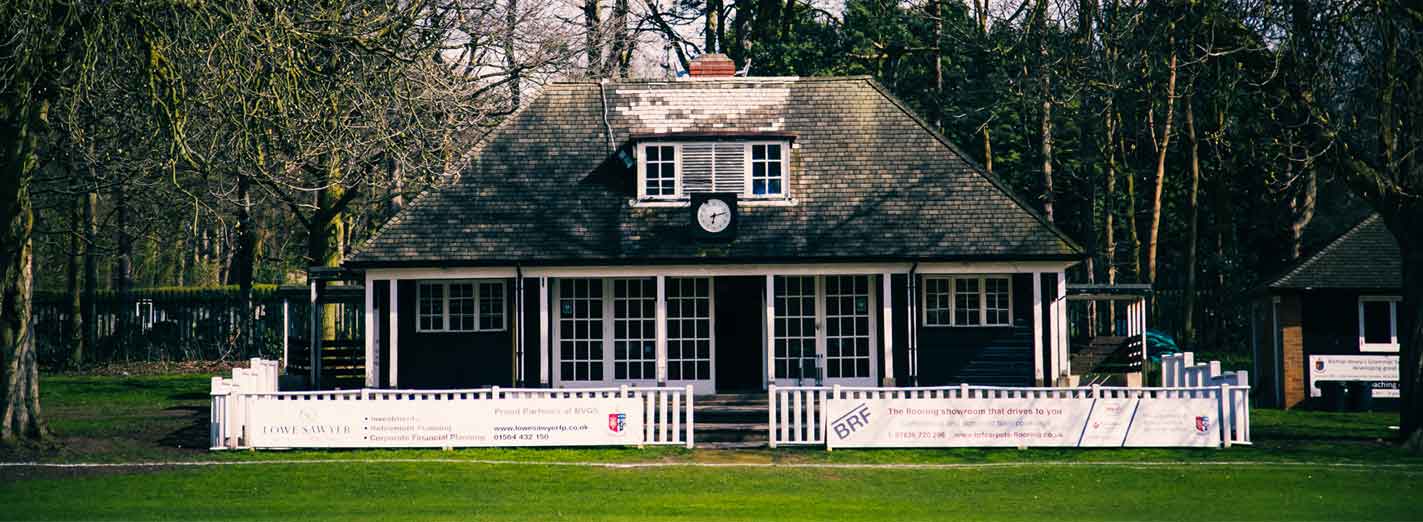What is extremism?
‘Extremism’ can be defined as vocal or active opposition to fundamental British values, including democracy, the rule of law, individual liberty and mutual respect and tolerance of different faiths and beliefs. Also included in the definition of extremism is calling for the death of members of the armed forces. This includes the extreme far right and extreme Islamists.
What is radicalisation?
The Government definition of radicalisation is “The process by which a person comes to support terrorism and forms of extremism leading to terrorism.”
Under section 26 of the Counter Terrorism and Security Act 2015 specified authorities, which includes schools, must have “due regard to the need to prevent people from being drawn into terrorism”.
What does the school do to help educate its students?
The school has an ethos that challenges intolerant views including extremist or radical attitudes. It also addresses these issues as part of its curriculum, including specific lessons in the Citizenship programme. Equality is promoted around the school as are the United Nation Rights of the Child. There are two Equality Officers in the Sixth Form Student Leadership team. Students in Year 7 and 8 have had an exhibition from the Anne Frank Trust and there are eight Anne Frank Ambassadors in the school.
Why do young people become radicalised?
- Questioning sense of identity and/or belonging
- Personally know someone with extremist values and views
- On line grooming
- Have a real or perceived grievance
- Socially isolated
- Possible low self esteem
- Frustration
- Sense of injustice
- Victim of a hate crime
Warning Signs of Radicalisation:
- The child tries to enforce their views on others and is intolerant of other views
- Change in their peer group, behaviour and ideology
- Changes in their attendance
- Single minded focus and commitment to engage with a set of values and behaviours that are not in their best interest.
- Attempts to recruit others
- Use of extremist language
- The child draws symbols or has possessions related to an extremist cause
What support is available for young people who are in danger of being radicalised?
The government runs a scheme called Channel for those who are at risk of radicalisation. It focuses on providing support at an early stage and participation is voluntary.
Where can I find out more?
The government has launched the Educate Against Hate website.
The site brings together the best advice, support and resources available for parents, teachers and school leaders who want to learn how to protect young people from extremism and radicalisation, and is the result of successful collaboration between the Department for Education, the Home Office, the NSPCC, Internet Matters, Childnet, ParentZone, UK Internet Safety Centre, and the many other organisations who have contributed resources.


